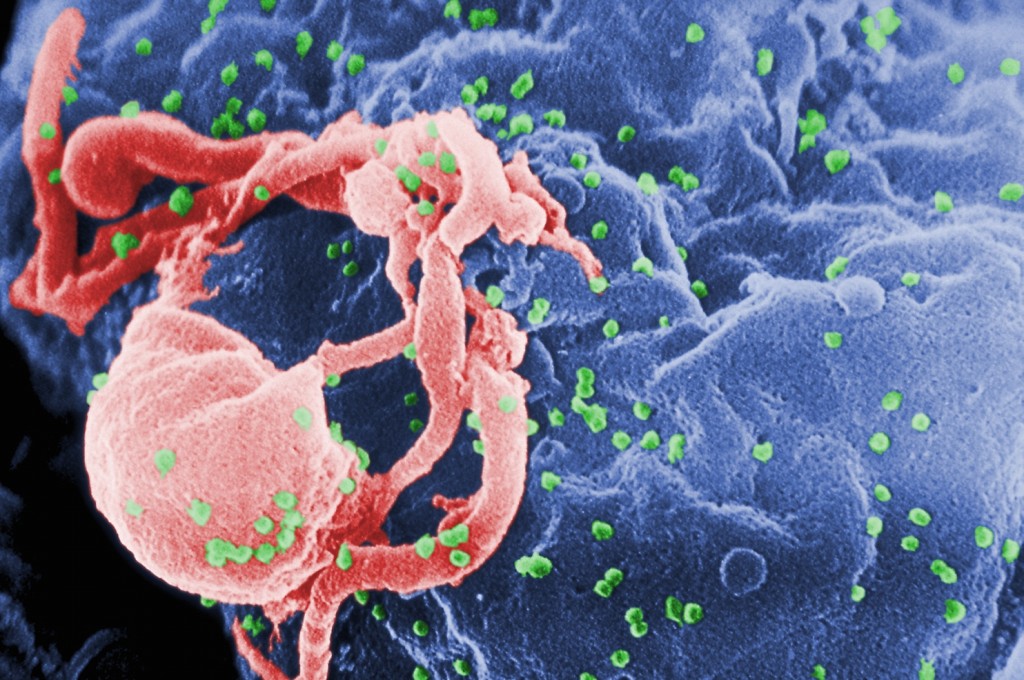HIV life expectancy goes up by ten years thanks to drug advancements
By Ross Semple
Young people being treated with the latest HIV drugs are expected to live longer, thanks to improvements in the way the virus is treated.
A study by The Lancet, using 88,500 HIV-positive people from Europe and North America, found that 20-year-olds who were diagnosed in 2010 are expected to live an average of ten years longer than those diagnosed in 1996. Doctors attribute this to early detection and improvements in antiviral drugs over the last two decades.
The life expectancy of an HIV-positive young person diagnosed in 2008 is 78 – almost identical to that of the general population.
The authors of the study attribute the success of current treatment of HIV to fewer side-effects in newer drugs, as well as a lower likelihood of the virus becoming resistant to these drugs.

Prof Helen Stokes-Lampard, chair of the Royal College of GPs, said: “It’s a tremendous medical achievement that an infection that once had such a terrible prognosis is now so manageable, and that patients with HIV are living significantly longer.
“We hope the results of this study go a long way to finally removing any remaining stigma associated with HIV, and ensuring that patients with HIV can live long and healthy lives without experiencing difficulties in gaining employment and – in countries where it is necessary – obtaining medical insurance.”
The rate of new HIV infections among gay men have dropped by a third in England, according to recent figures. The results, shared by Public Health England, comes from preliminary figures from sexual health clinics all across England in 2016.
However, HIV charities continue to warn that there are young people who may not know they have the virus.

Responding to the report, Dr Michael Brady, the medial director of the Terrence Higgins Trust, welcomed the findings but warned against complacency, especially concerning the treatment of those growing older with the virus.
“As it stands, the healthcare, social care and welfare systems simply aren’t ready to support the increasing numbers of people growing older with HIV,” he said. “We need a new model of care to better integrate primary care with HIV specialist services, and we need a major shift in awareness and training around HIV and ageing, so that we’re ready to help older people live well in later life.”
More stories:
Stephen K Amos has a message for gay men who write ‘no blacks’ on Grindr
Theresa May addresses the ‘deeply troubling’ treatment of gay men in Chechnya
